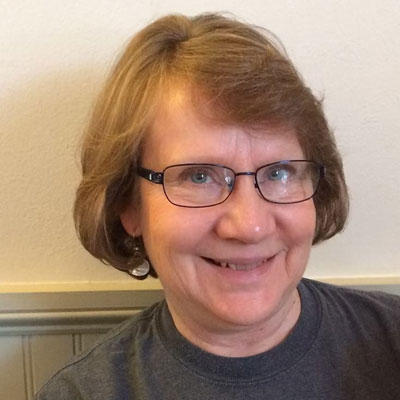Retired Teacher Now Teaches Refugees, to Town’s Benefit
Date: April 20, 2017
Nearly 10 years ago, when Dr. Lois Todd-Meyer was a high school English teacher, one student in particular left an impression. “She’s what would today be called a Dreamer,” Todd-Meyer recalls. The student, brought to the United States at a very young age, was determined to become a doctor. But because she did not have citizenship or permanent residency, she was ineligible for the financial aid that would have made it possible for her to attend college in the United States, the only country she could ever remember calling home. “I have just often thought, What a loss,” Todd-Meyer says. “What a loss to our neighborhood and our country.”
We have a responsibility for these people. They can contribute so much to our society.
 Todd-Meyer is officially retired, though she hasn’t exactly left the classroom. Today, she teaches literacy studies to future teachers at Concordia University, Nebraska and Southeast Community College. Her class at Southeast Community College is comprised mostly of immigrants and refugees. “In my limited life experience, I was brought up to recognize that we are one humanity,” she says. “And unfortunately, I think that many of the refugees that we are seeing, past and present, are the result of American foreign policy, of war in particular.”
Todd-Meyer is officially retired, though she hasn’t exactly left the classroom. Today, she teaches literacy studies to future teachers at Concordia University, Nebraska and Southeast Community College. Her class at Southeast Community College is comprised mostly of immigrants and refugees. “In my limited life experience, I was brought up to recognize that we are one humanity,” she says. “And unfortunately, I think that many of the refugees that we are seeing, past and present, are the result of American foreign policy, of war in particular.”
“We have a lot to offer, and I think that we have much to gain by reforming the immigration system,” she says, noting that she feels inspired by the determination of immigrants and refugees.
Immigrants comprise 6.2 percent of the population in Todd-Meyer’s congressional district, in eastern Nebraska. Many are Vietnamese immigrants and Yazidi-Iraqi refugees, assisted in their resettlement by Lincoln Family Services and Catholic Social Services. All told, immigrants in the small district pay $193.5 million in taxes per year and hold $603 million in annual spending power. “The sense I get is that there is strong support from the community here,” says Todd-Meyer. But she wishes newcomers received the same support through federal immigration policy. “We have a responsibility for these people,” she says. “They can contribute so much to our society.”
